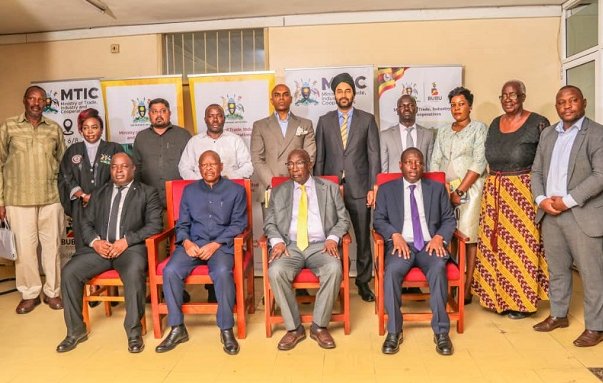Kampala, Uganda | In a landmark move to strengthen regulation and productivity in the sugar sector, Uganda has officially launched its first-ever Sugar Industry Stakeholder Council. The event, held at the Ministry of Trade, Industry and Cooperatives on October 23, marks a key step in implementing the Sugar (Amendment) Act No. 6 of 2025, which established the council as a corporate body with full legal authority to oversee the industry.
Trade Minister Francis Mwebesa said the council’s mandate will include overseeing licensing, guiding sector expansion, promoting fair pricing, resolving disputes, and developing a comprehensive Sugar Industry Master Plan. It will also focus on boosting production through modern technology and sustainable practices.
The council is composed of 11 members, including representatives from sugarcane out-growers, millers, and officials from the Ministries of Finance, Agriculture, and Industry. Members will serve a two-year term, with an induction planned to align their activities with Uganda’s industrialization goals.
Minister of State for Industry David Bahati underscored the sector’s economic importance, revealing that Uganda currently produces 700,000 metric tons of sugar annually 450,000 for local consumption and 250,000 for export. The industry employs over 170,000 people directly and indirectly, contributes Shs500 billion in tax revenue, and accounts for about 5% of the country’s GDP.
Bahati added that the Ministry has tabled the council’s regulations before Parliament and will report to Cabinet quarterly on its performance. He emphasized the need to revive stalled projects, validate licenses, and maintain fair competition to prevent monopolies.
The establishment of the Sugar Industry Council is seen as a milestone toward achieving self-sufficiency, boosting exports, and strengthening Uganda’s industrial growth.
